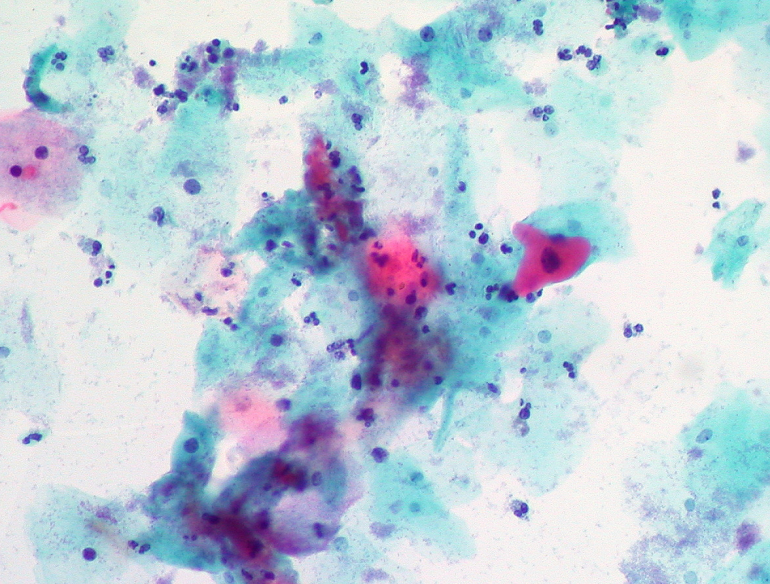Human papillomavirus, or HPV, is an infection that can lead to cancers including cervical cancer and anal cancer. At the Kirby Institute, we work to evaluate and improve vaccination and screening programs designed to eliminate HPV before it progresses into cancer.
Australia has a longstanding screening program for cervical cancer and is a world leader in the rollout of the highly effective HPV vaccine. In Australia, our HPV research focuses on monitoring the effectiveness of the HPV vaccination program, and working to address gaps in vaccination access.
But in neighbouring countries in our region, access to both screening and vaccination is limited, and cervical cancer remains a significant public health challenge.
Papua New Guinea has among the highest rates of cervical cancer globally, with an estimated 1,500 deaths per year. Our researchers, in collaboration with local researchers at the Papua New Guinea Institute of Medical Research, are trialling new technologies based on rapid HPV testing that will allow women to undertake cervical screening and treatment during a single visit at a local clinic, enabling early detection of the virus, before it leads to cancer. This work will save lives.
Gay and bisexual men are at particular risk of anal cancer from HPV infection – especially individuals living with HIV. Our researchers are working to better understand how HPV leads to anal cancer, with the aim of informing guidelines for targeted screening, to detect anal cancer precursors caused by HPV before they become cancerous. We also work within our extensive clinical networks to deliver state-of-the art training to GPs in the latest anal cancer screening technique.
Our researchers also monitor and evaluate the effectiveness of the National HPV Vaccination Program by tracking changes in rates of HPV infection and genital warts, both of which are early indicators of vaccine effectiveness.
In the research laboratory, our scientists are building on the success of the SPANC Study to further understand if host immune cells can prevent anal cancers and how this may become compromised in the setting of HIV/HPV co-infection. Our scientists are also developing antiviral RNA therapeutics to control HPV infection.
